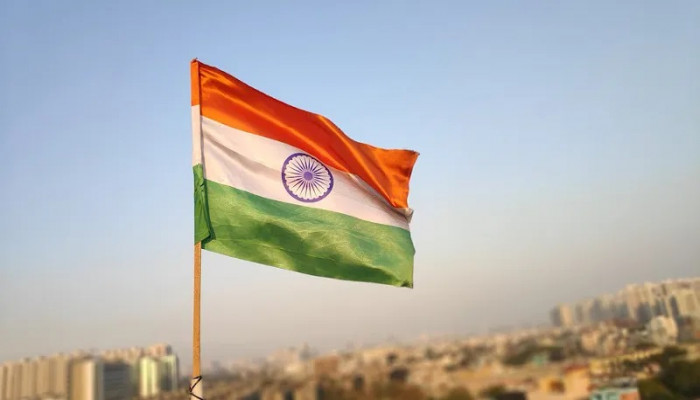India's ‘Strategic Neutrality': A Paradigm Shift
- In Foreign Policy
- 06:21 PM, Jun 05, 2022
- Sujit Roy
Russian aggression against Ukraine which began on February 24, 2022, caused Europe's largest refugee crisis since World War II and exposed the fragility of the so-called ‘rule-based’ world order.
It is a telling reality that world politics is a function of geoeconomics and national security. From Russian viewpoint, it is not an invasion but a “special military operation” inside Ukraine to meet its geoeconomic as well as national interest.
From day one, India has adopted a position of strategic neutrality on Russo-Ukraine War and urged both sides to “return to diplomacy and dialogue and called for urgent cessation of hostilities” as reiterated by S Jaishankar, the Foreign Minister, at the Raisina Dialogue conference on geopolitics and geoeconomics.
Now the moot point: how far India’s strategic neutrality can be explained as a paradigm shift in foreign policy?
After independence, India had adopted a position of so-called neutrality in the form of the Non-Alignment Movement (NAM) in the Cold War era under the leadership of Pt. Jawaharlal Nehru. But the position pursued by Nehru was more ideological than strategic in nature. Nehru’s ‘non-alignment’ position was so personalistic in an approach that the national interest was compromised at the altar of international figurehead aspirations.
Non-alignment was not a neutral position at all, but a balancing act in the post-WW II Cold War era. Non-alignment was a kind of passive neutrality under a compulsive situation. This position was first jolted by the India-China War in 1962 and finally by the India-Pakistan War in 1971 when Soviet Russia stood by India in the face of the threat from the USA to India which sided with Pakistan. So, the neutrality of NAM was so vague and hollow that India had to tilt her position towards the USSR post-1971 War.
Now, under a multi-polar world in the 21st century, India has adopted a position of neutrality for the first time which has been strategic in nature, bereft of any ideological hangover of the past position.
Despite the veiled threat of the USA, India stood her ground firmly in all respects and continued steadfastly with her own versions of international relationships. Right from the imports of S-400 missile defence system to imports of crude oil from Russia, India has shown a new ‘Avatar’ of Indian foreign policy. The new assertiveness in foreign policy has been mistakenly criticised as ‘arrogance’ by the frustrated politicians of India.
For the first time in the history of Indian diplomacy, India has shown not only a strategic stoicism in facing criticism but also repudiated prejudiced criticism. Fingers pointed at India by the countries have been countered by India in the same coin of “double-standard” policy adopted by those countries in a befitting way.
The Russo-Ukraine War has provided a critical ground for India to test her position in the present-day volatile international politics. The strategic neutral position adopted by India has been so forceful that no country has been able to counter India’s viewpoints. India has now been claiming a “right to equal partnership” in geopolitical relationship in global forum which has been commensurate to her emerging position as an economic powerhouse.
Under the strategic leadership of Narendra Modi, India is now pursuing a path of assertion in international relationship through tactical maneuvering and leveraging of her geostrategic position. That is why the big powers, be it USA, EU, UK, Russia, Japan, and Australia, have been trying to engage with India through different types of alliances. The template of strategic neutrality in international politics adopted by India has been a paradigm shift in Indian diplomacy.
Image source: Eurasia Review
Disclaimer: The opinions expressed within this article are the personal opinions of the author. MyIndMakers is not responsible for the accuracy, completeness, suitability, or validity of any information on this article. All information is provided on an as-is basis. The information, facts or opinions appearing in the article do not reflect the views of MyindMakers and it does not assume any responsibility or liability for the same.







Comments